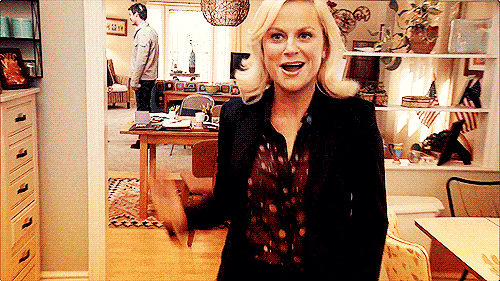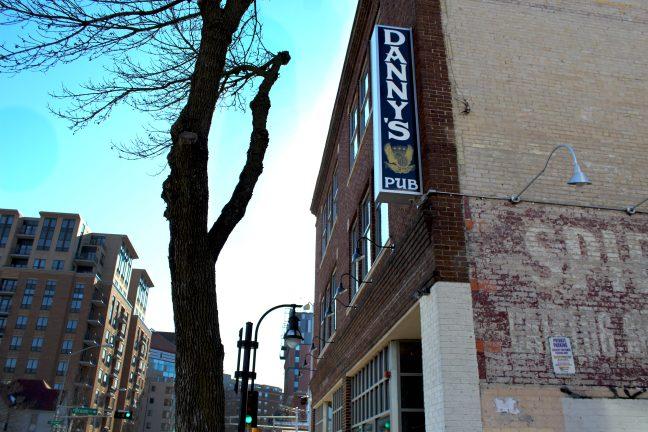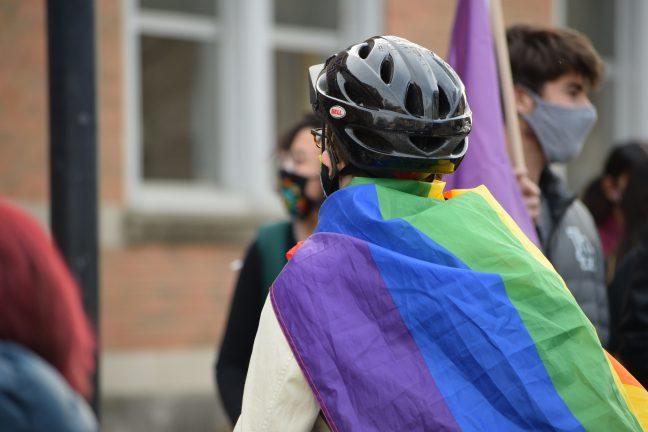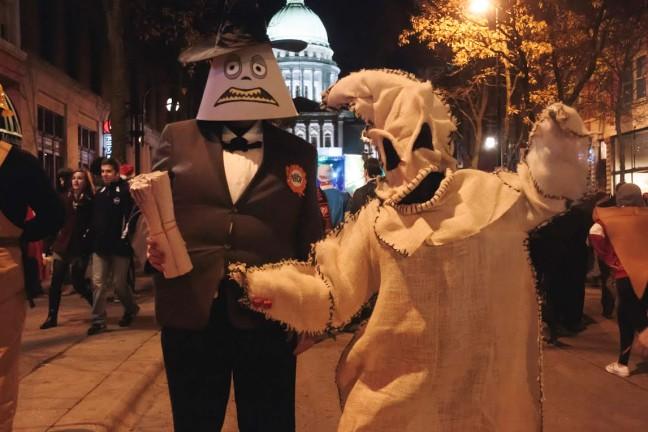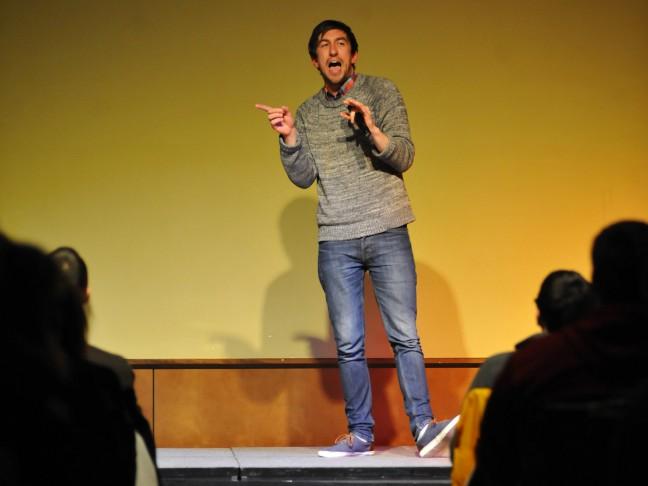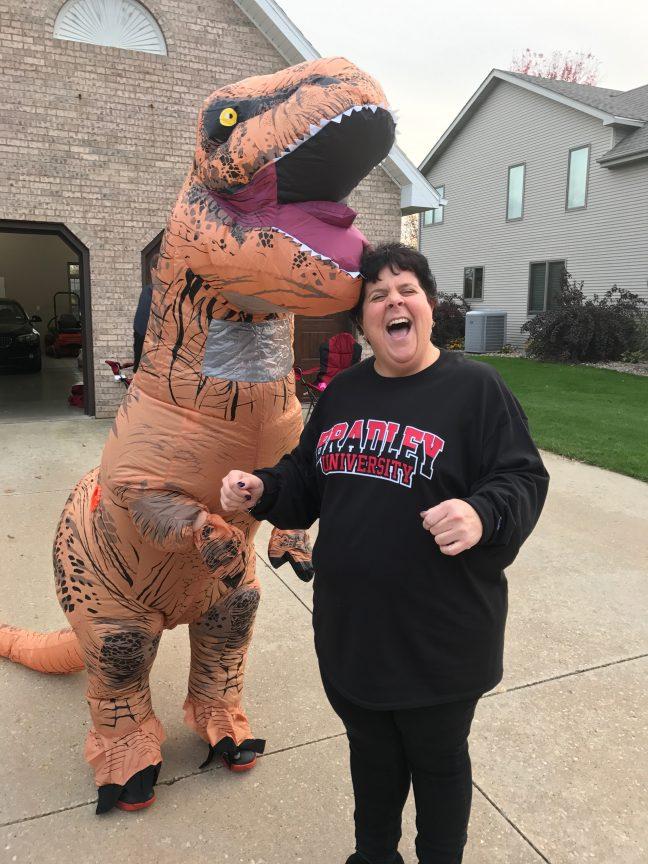When “Parks and Recreation” premiered as a midseason replacement nearly six years ago, it was as if it wanted to directly emulate “The Office,” the flagship sitcom of NBC’s Thursday night comedy lineup at the time. Produced by Michael Schur and Greg Daniels, both “Office” producers, season one of “Parks” looked pretty similar to the workplace comedy starring Steve Carell.
But as the now-extremely popular show rides into its seventh and final season, the Amy Poehler-led powerhouse has traveled far from “Office” comparisons. “Parks” continues to stand out for offering something that doesn’t depend on stock characters and contrived story arcs but opts for a degree of originality not seen in quite awhile.
What makes “Parks” interesting by default is its setup. The show offers a glimpse into small town America by way of fictional Pawnee, Indiana, seen through the eyes of the employees of the Parks and Recreation Department. Politics both legitimate and laughable is the driving force on which the premise centers. Although the show does not directly satirize municipal government, it certainly pokes fun of the provincial mindset of those running small towns.
In doing so, “Parks” gingerly negates the stigma of small town life; it offers enough whimsy to enchant viewers with Pawnee’s slower speed of life without reaching the point of being patronizing. Each episode certainly reinforces how minuscule some issues can be when there isn’t a whole lot else going on, but the way that “Parks” embraces small town America pays homage to those who live in places not often considered glamorous.
While other shows have created a take on small town America, like “Northern Exposure,” the manner through which “Parks” does so is strikingly unique. Its humble, nuanced brand of humor would make anyone want to move to Pawnee. Bits centering on the legacy of the town mascot, Lil Sebastian the pony, or the playful derision directed at Jerry Gergich (Jim O’Heir) make for eclectic material that other comedies like “How I Met Your Mother” could never think up in its dreams. No other television comedy has embraced one type of ordinary in such an honest, hilarious way.
The characters that form the principal cast of “Parks” are forces to be reckoned with. Leading the parks department is Ron Swanson (Nick Offerman), a staunch libertarian with a love for woodworking and a hate for big government. Second in command is enthusiastic Leslie Knope, played by Poehler. Leslie’s best friend and confidante, Ann Perkins (Rashida Jones), represents the everyman, always showing compassion and support for Leslie’s often hilarious yet well-intentioned tendencies.
The secondary characters include once-obscure comedians Rhetta and Aziz Ansari, who were plucked from obscurity into career-defining roles as bold, abrasive Donna Meagle and overly friendly, somewhat effeminate Tom Haverford, respectively. It should also be mentioned that both these actors, in addition to Jones, are people of color. “Parks” is taking a step in the right direction for diversifying television, especially when compared to the whiteness of its counterparts.
This impressive ensemble cast’s charisma and chemistry culminated in the fan-and-critic-favorite episode, ‘The Fight.” After the characters become quite intoxicated at a party, drunken fights and ridiculous banter lead to newly-forged harmony between characters. The episode truly encompasses the enthusiasm, reality and camaraderie that make “Parks” a great portrayal of friendship and well-developed character studies.
“Parks” is currently airing its final season, after a period of uncertainty with fans as to whether the show would return or not. However, it did arrive on NBC Tuesday nights earlier this month, and will air through Feb. 10. Although season seven may seem forced and abridged, it allows for one last taste of a television comedy that has lent itself to countless laughs and even more sentimentality that will make “Parks” resonate with future generations far more than an “Office” crony ever would.


